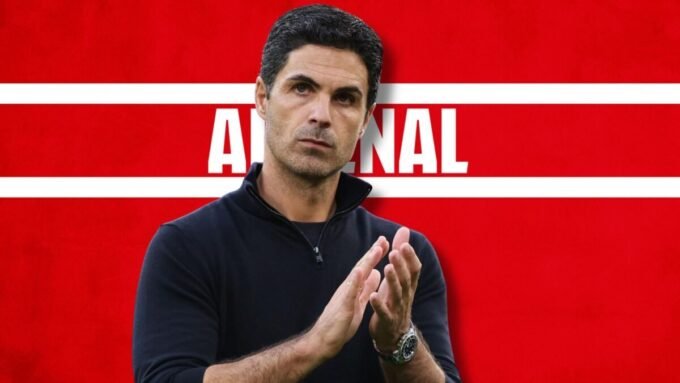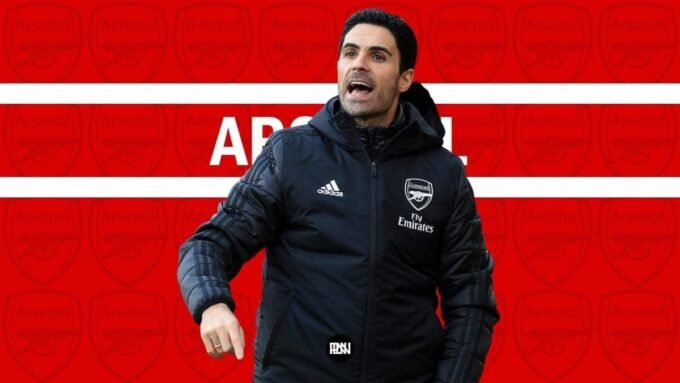I’ll admit — I hadn’t expected to come away from a routine Champions League report thinking so much about substitutes. But after Arsenal’s 2-0 win over Olympiacos, I found myself fixated not on the scorers, but on the people waiting on the bench. There’s something oddly comforting — and a little exciting — about a team that doesn’t flinch when the second eleven strolls onto the pitch. It signals depth, confidence, and yes, a little luxury.
Not just a starting XI: depth that matters
Wednesday’s victory at the Emirates felt tidy enough. Gabriel Martinelli and Bukayo Saka did what they do: influence the game, put chances together, and come away with goals. Martin Ødegaard looked composed and sharp. Those are the headlines, the familiar names. But it was the list of players not on the pitch that really made commentators talk — and for good reason.
Ally McCoist, speaking on TNT Sports, did something unusual: he said he checked Arsenal’s bench before he even stared properly at the starting lineup. That’s telling. When a former striker and long-time pundit pulls the bench into view first, you know something has shifted. He described the bench as “wow, dear me” — an odd little exclamation, but sincere. I’m not surprised he felt that way. The substitutes included a mix of youth and experience: Cristhian Mosquera, Eberechi Eze, Jurrien Timber, Declan Rice (yes, the big names), Christian Nørgaard and Riccardo Calafiori. That’s not a makeshift group — that’s a squad.
Aslo read: A Clash of Egos: Trump’s Preemptive Strike Backfires on Kimmel’s Return
You can feel the difference. In previous seasons, Arsenal occasionally looked exposed when injuries or tactical tweaks forced change. This season feels different. There are options that don’t downgrade the team when called upon. Perhaps that’s why pundits have been more upbeat. Owen Hargreaves echoed the sentiment, using phrases like “crazy options” and “super competitive environment.” It’s a bit hyperbolic, maybe, but not entirely off the mark.
Competition breeds consistency — usually
There’s an age-old truth in football: internal competition tends to sharpen a team. When every spot risks being taken, players work harder, they focus more, and they don’t take places for granted. Arteta seems to have engineered that environment at Arsenal. Whether that’s through recruitment, training standards, or just culture, the result is a squad where not playing isn’t an insult — it’s an incentive.
That said, competition can also create headaches. Rotation requires careful management: game time has to be distributed thoughtfully to keep players sharp and spirits high. And we’ve all seen how a squad can turn on itself if the manager gets the balance wrong. So while depth is a huge advantage, it’s not a cure-all. Arteta’s challenge is to ensure that competition enhances performance rather than fractures unity. I think he’s been managing that pretty well so far, but I’d be lying if I said I wasn’t watching closely for signs of strain.
There’s also the question of identities. Some players, when benched, respond brilliantly and help the team immediately when thrown into games. Others take longer. The bench that impressed McCoist is full of players who feel ready to contribute right away. That kind of readiness was missing in years gone by and is why this season’s squad dynamic feels different.
A small aside — and this is purely personal: I like watching players who aren’t starters but still wear their seriousness on their faces during games. It’s subtle, maybe trivial, but it tells you how much the group values each match. Arsenal looked that way against Olympiacos.
Aslo read: Whatever Happened to Alyson Hannigan TV star?
What this means for Arsenal’s season
So what’s the practical takeaway? For one, Arsenal now look equipped to juggle competitions. Champions League nights and weekend league games come thick and fast, and depth reduces the drop-off in quality when rotation happens. Secondly, the pressure on starters should be healthy. When Bukayo Saka or Gabriel Martinelli know there’s someone hungry waiting to take their place, they rarely let standards slip.
There’s also tactical flexibility. Having a bench with players who offer different strengths gives Arteta more tools: defensive cover, midfield solidity, attacking spark, left-back reinforcements — all without a huge fall in technical level. That allows for in-game adjustments that can swing tight contests.
Of course, the truest test will be maintaining form over a long season. Injuries will arrive, suspensions will happen, and momentum will ebb and flow. The upcoming trip — or rather, the weekend match against West Ham — will be an early indicator of how Arteta plans to use his resources. Will some of the substitutes return to the starting XI? Likely. Will that disrupt rhythm? Maybe, slightly. But overall, having choices is a luxury teams at the top crave.
One thing I appreciate: fans seem more relaxed when a club can call on quality replacements. There’s a psychological element to this that isn’t talked about enough. Supporters feel safer, and that subtle confidence filters into the stadium atmosphere. It matters. Small things add up.
All of which brings me back to McCoist’s reaction. It’s easy to dismiss pundit hyperbole, but in this case I think his surprise was genuine. For the first time in many years, Arsenal’s bench didn’t look like an afterthought. Instead, it looked like a plan. A viable plan. And that could make the difference when matches are tight and the season stretches long.








































Leave a comment